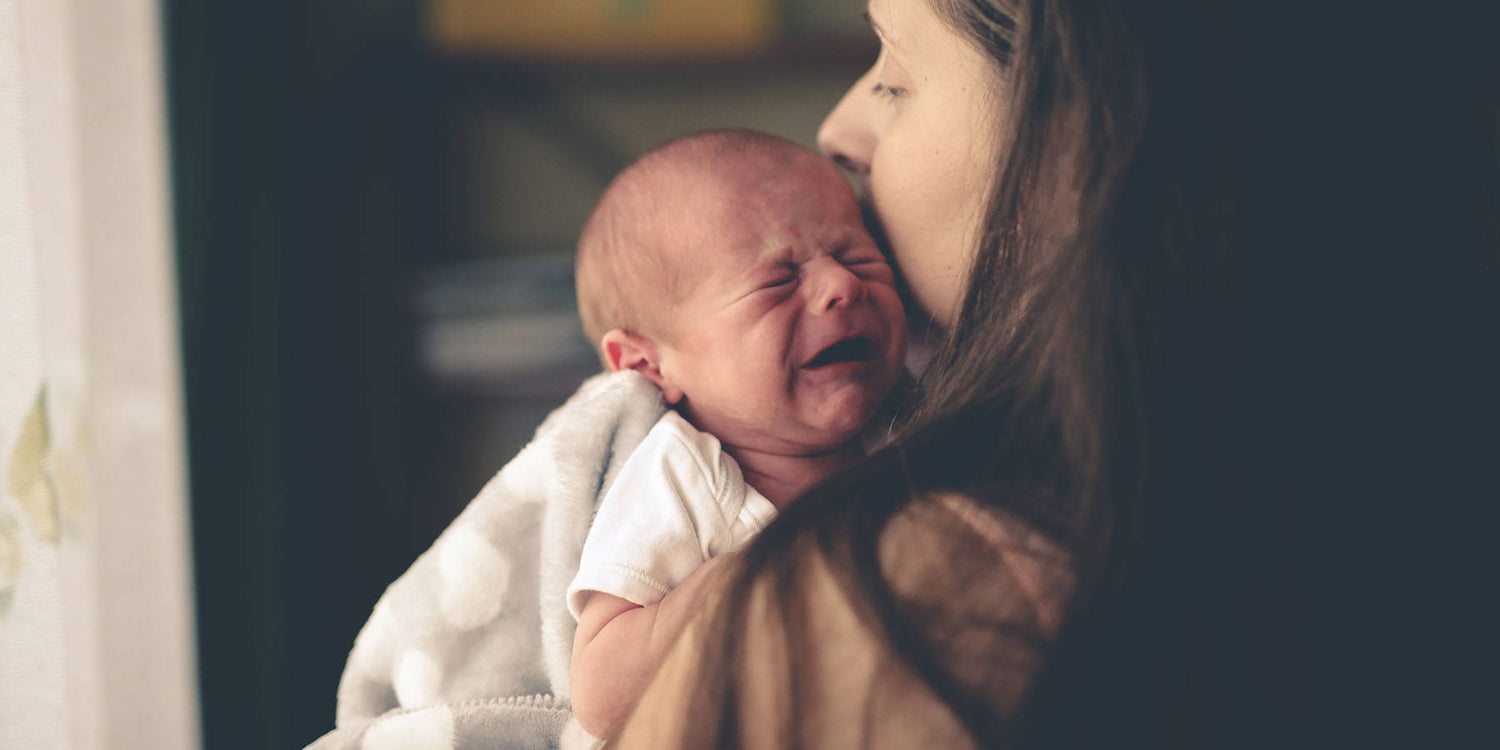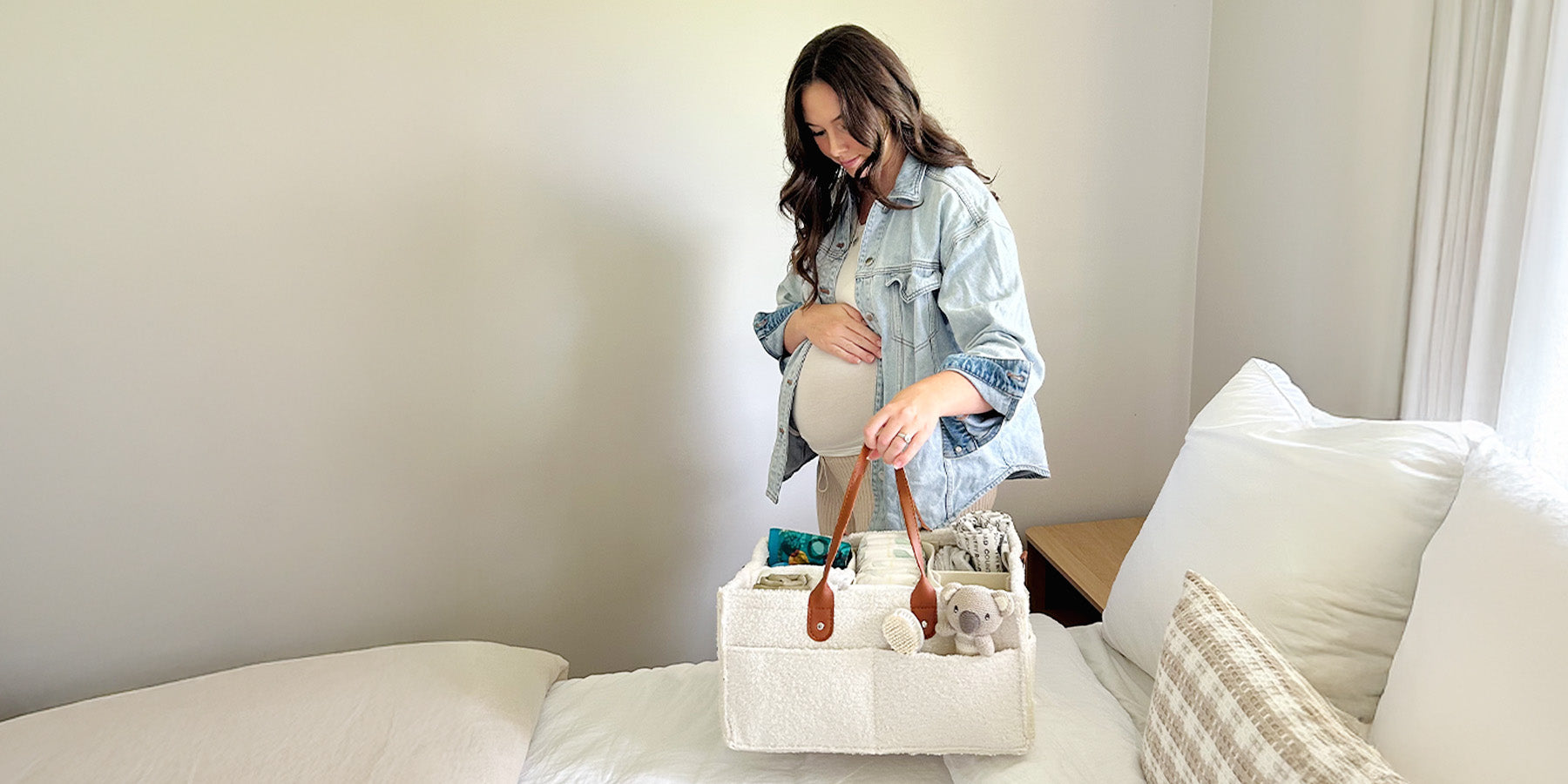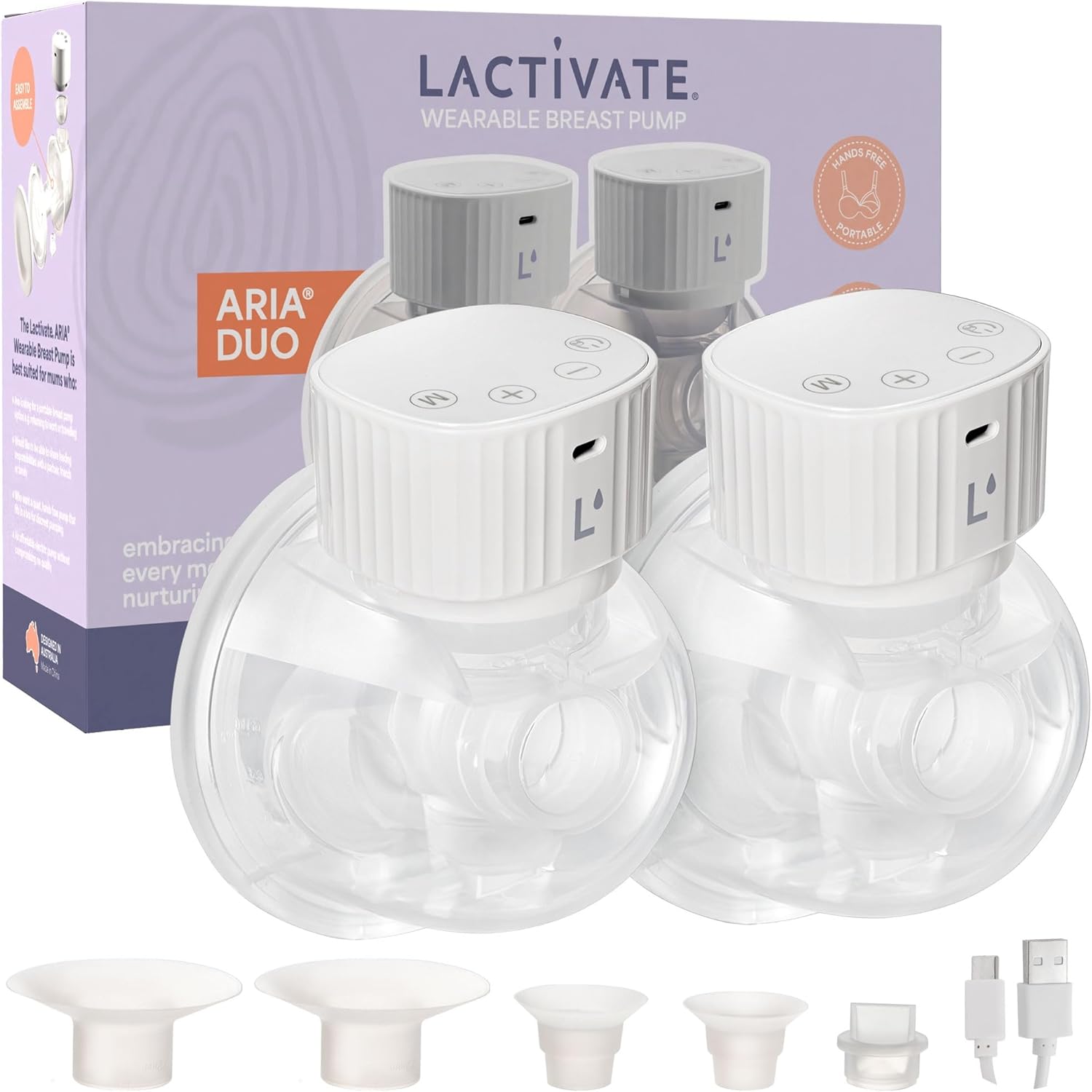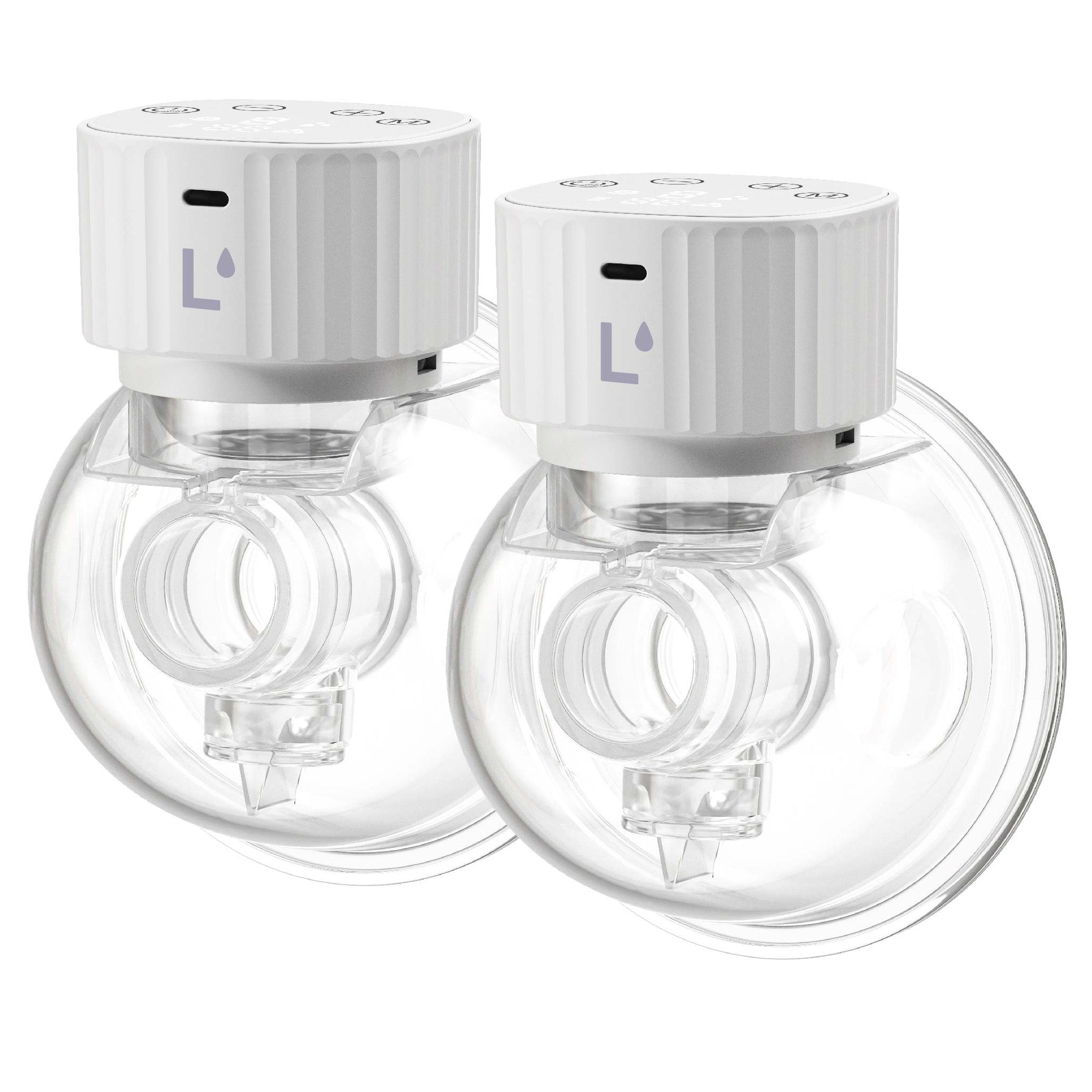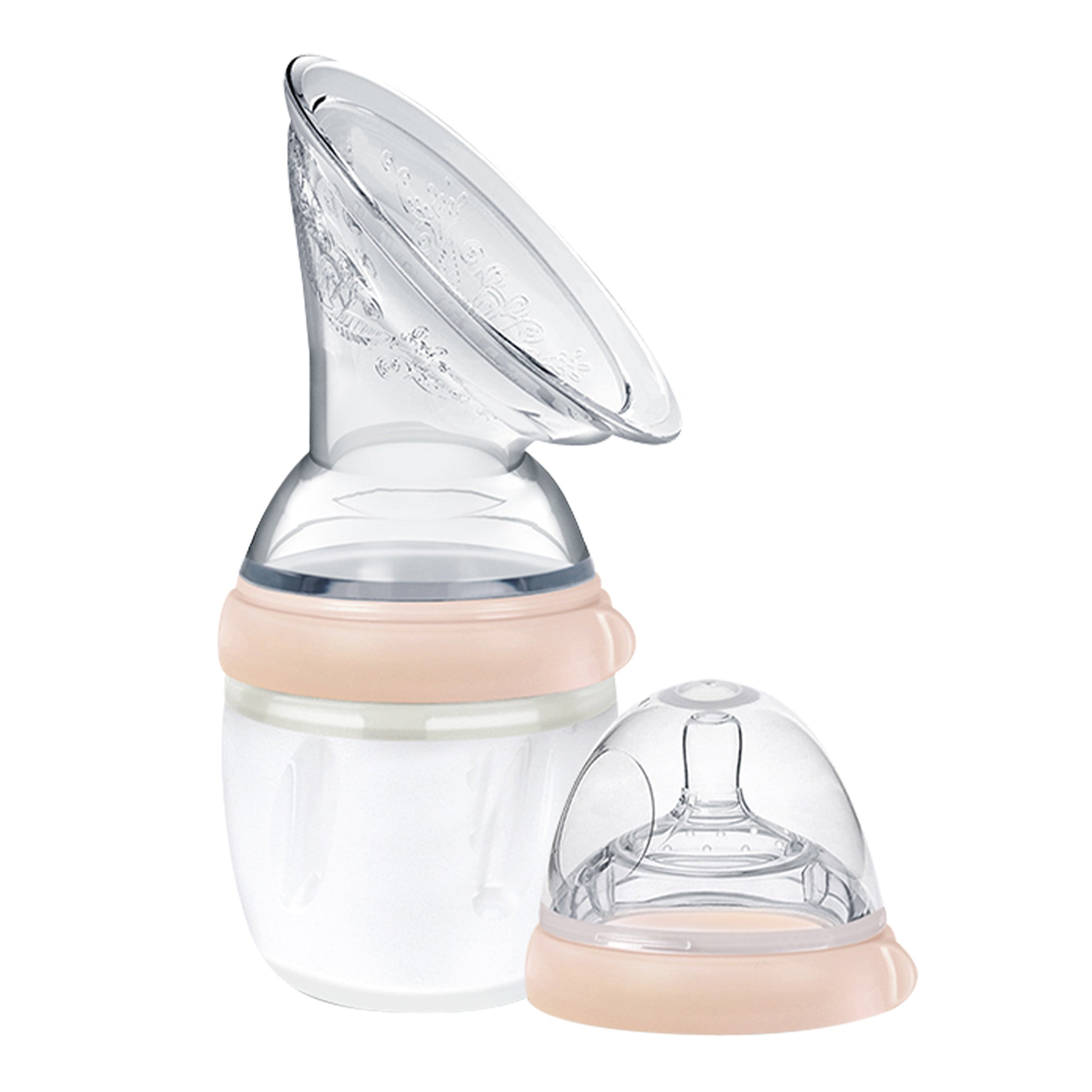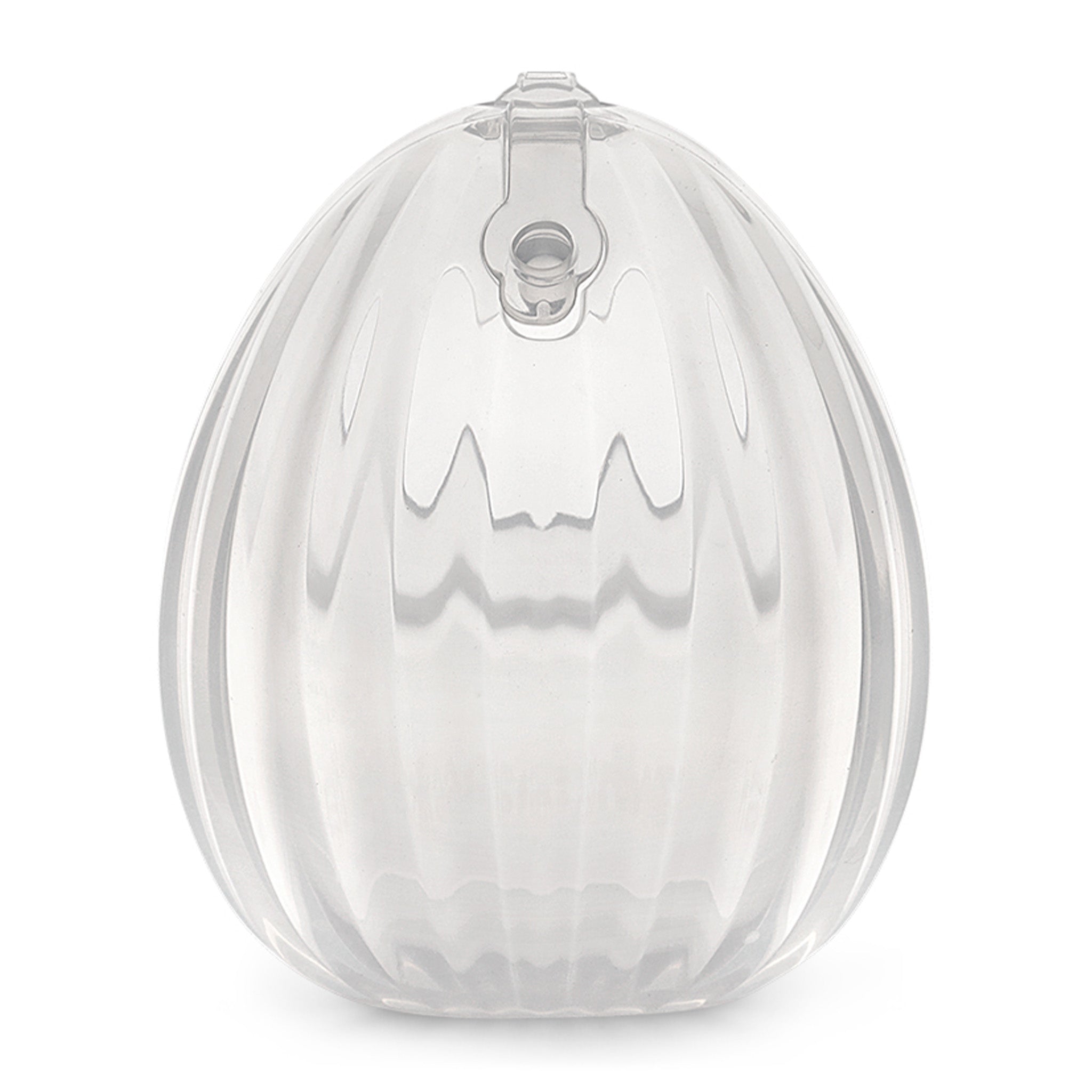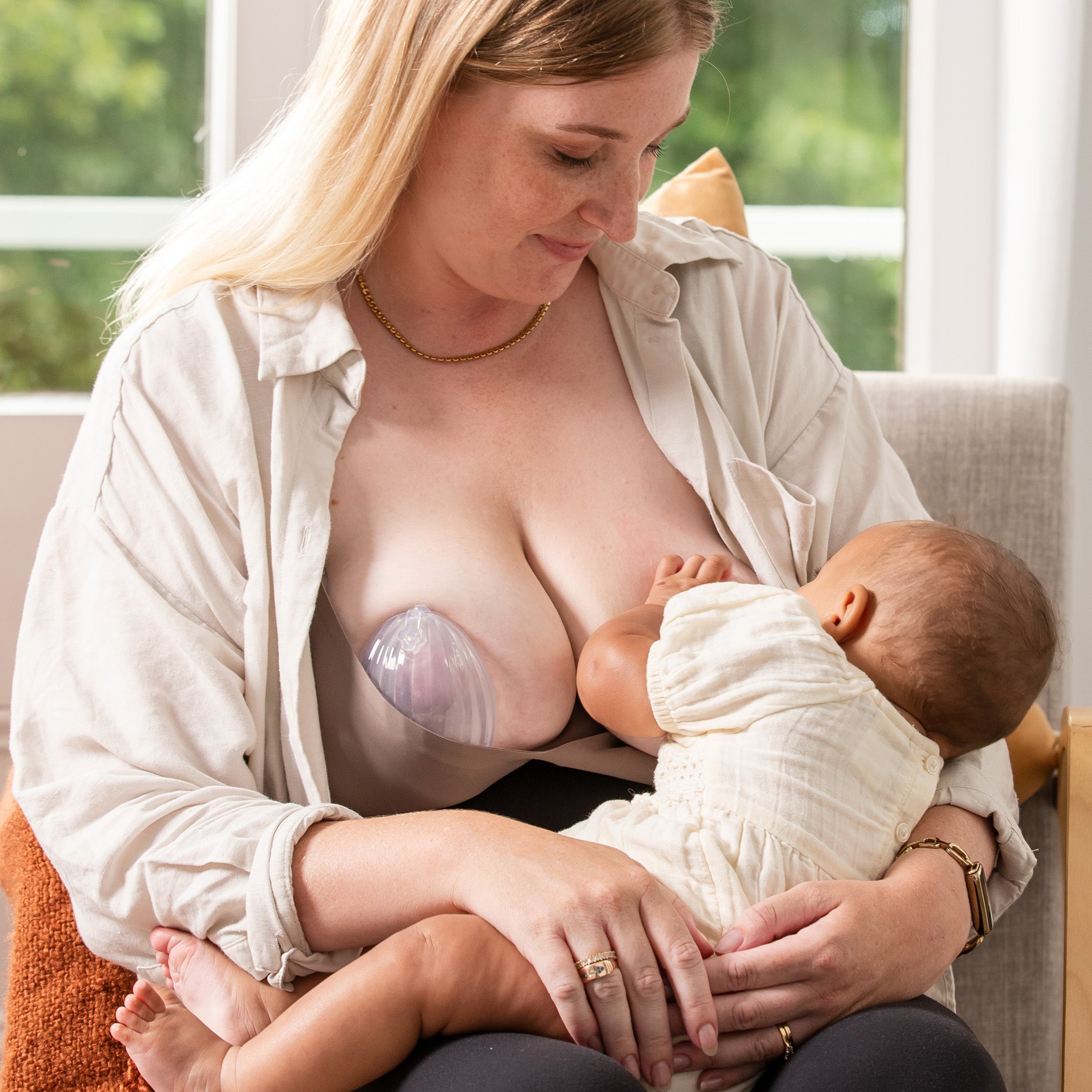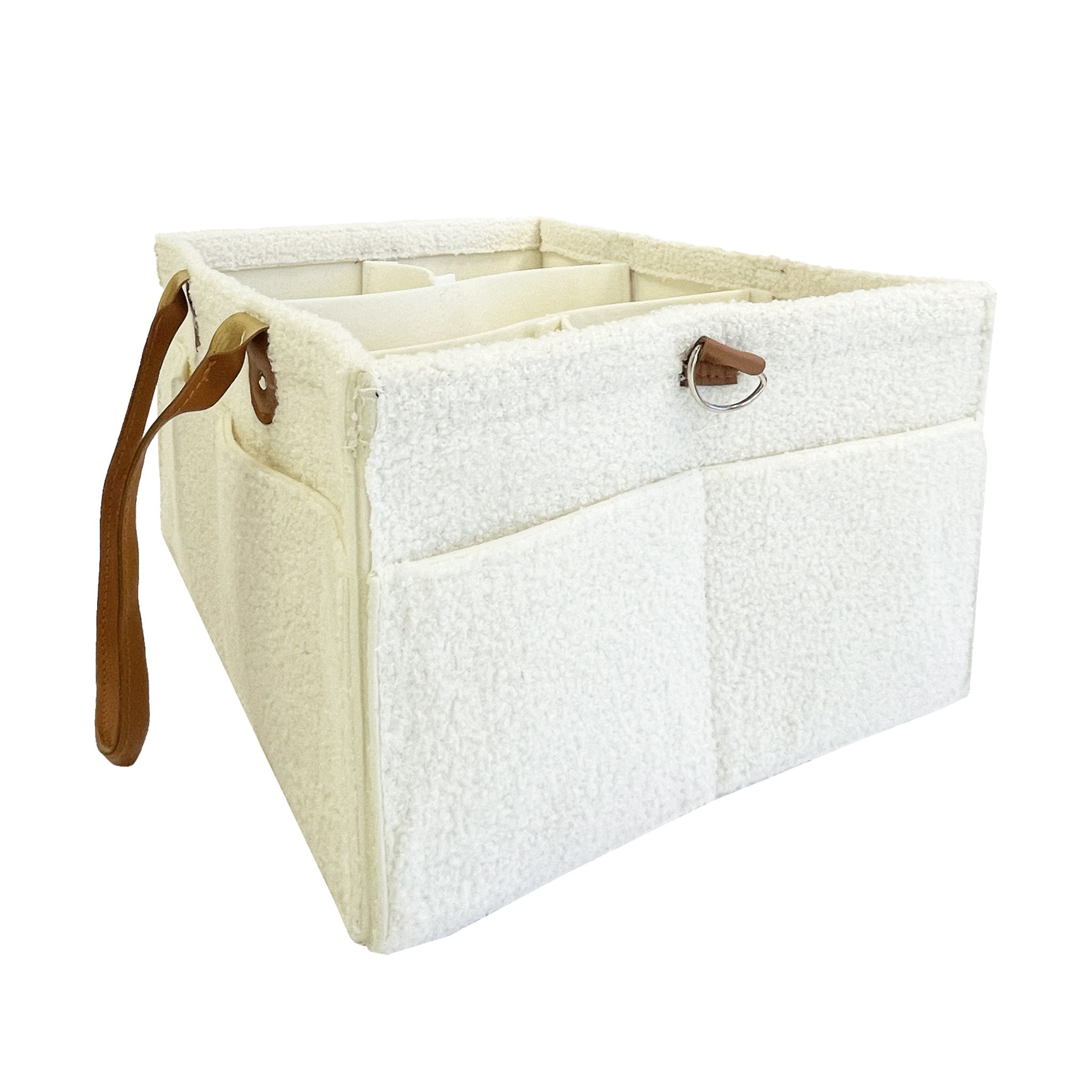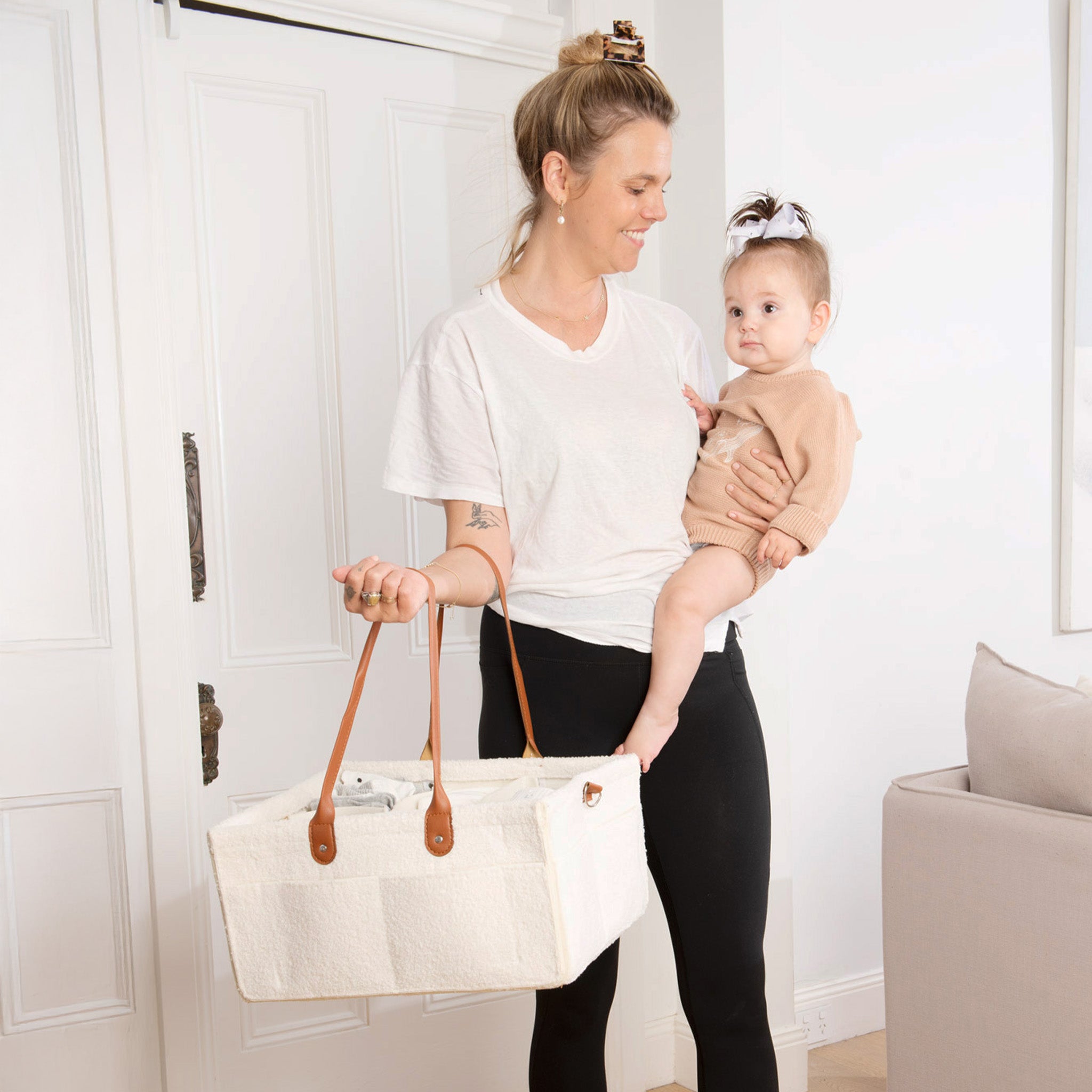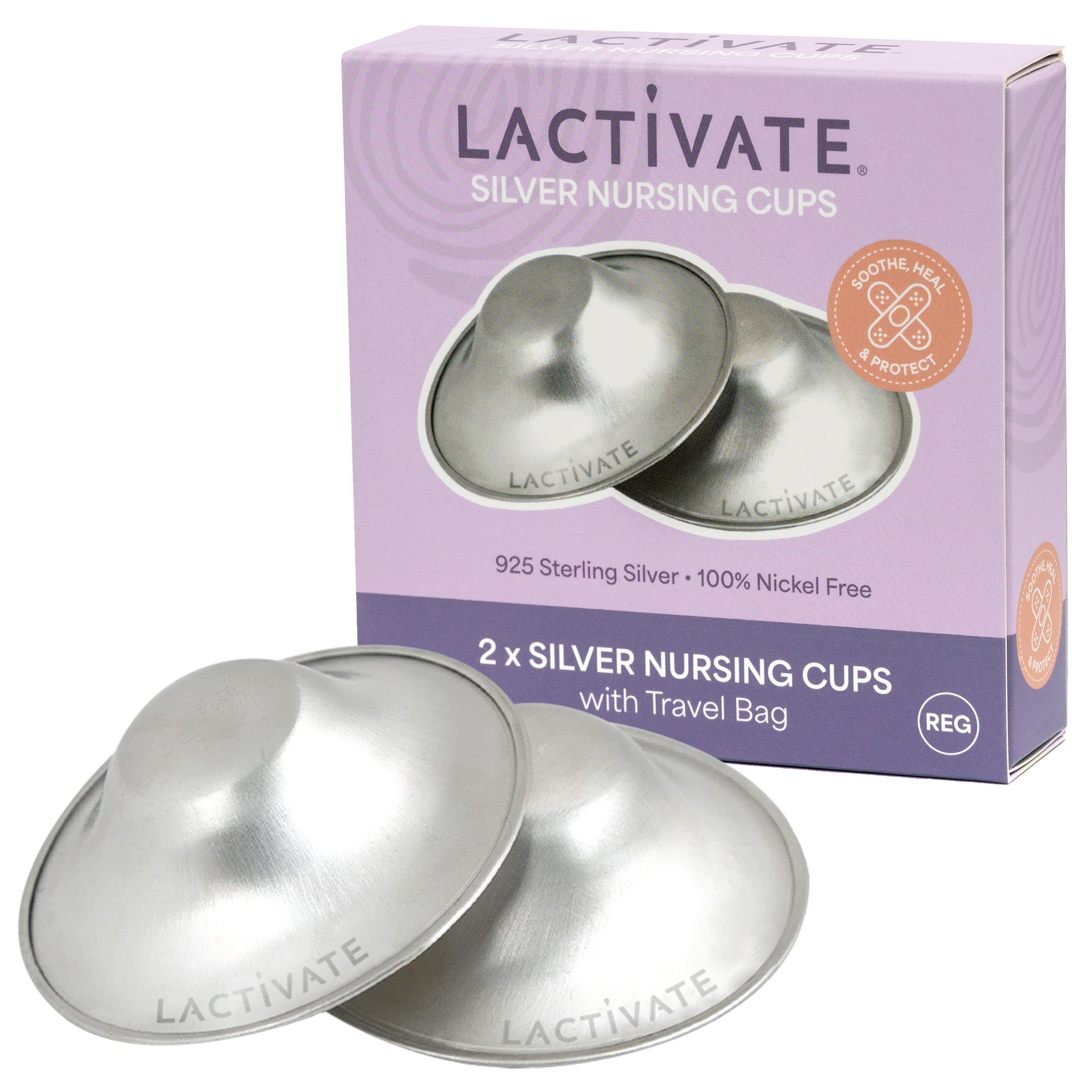There is nothing that leaves a parent feeling quite as helpless as a crying baby, especially when it’s the kind of crying that nothing seems to solve. Rest assured that EVERY parent has been there, most of us many, many times and we’ve all felt the same mix of frustration, concern and bewilderment.
We are taking a look at the most common reason babies cry (and, spoiler alert, for the most part it’s very normal infant behaviour) and what you can do to soothe a crying bub.
Why DO babies cry?
So why exactly do babies cry? According to the RaisingChildren.Net, “crying is your newborn baby’s main way of communicating needs and feelings.” Up until they were born, your baby was happily floating around in a lovely, warm, dimly lit environment (AKA your uterus) where they never felt any form of discomfort. After birth, they suddenly must contend with feeling hungry, tired, cold, hot and uncomfortable, sometimes all at once! Crying is their way of communication their needs to you or, in some cases, just ensuring that you are there to meet those needs should they arrive. Almost every parent will be familiar with having a baby snuggled up on their chest, seemingly in a deep sleep, only to have their eyes pop open the moment they are placed in their bassinet, and they realise they are no longer in contact with their caregiver’s body. It’s almost an automatic response to the separation which often results in, you guessed it, crying.
There are a few distinct needs that babies will often want to communicate. Let’s have a closer look at the main ones.
Hunger
Hunger is often the automatic go-to assumption when a baby is crying. And it’s understandable when you think that newborns need to feed every 2-4 hours. Offering a feed is a pretty good place to start, especially if bub hasn’t fed in a little while, has just woken up or is going through a growth spurt. It’s also worth noting that newborns LOVE to suck and/or comfort feed as it is immediately soothing for them so even if they’re not overly hungry, a breast or bottle feed may help to calm them. Including as much skin to skin contact as possible while feeding can also help to soothe and regulate your baby.
Tired
Babies, especially newborns, get tired very, very quickly. The world is a very noisy, bright, sometimes overwhelming place for a bub and all that stimulation can wear them out. On average, a newborn will only be awake for an hour to 1.5 hours before they become tired. Keeping an eye on both the clock but also your baby can help you learn their tired cues so that you can take action before they become over-tired and over-stimulated. Signs bub might be tired include:
- Fluttering eyelids or heavy, drowsy eyes
- Yawning
- Clenched fists
- Jerky movements in the arms and legs
- Sucking motions with the mouth and/or sucking fingers or hands.
When you notice these things, it’s time for bed! By reading your baby’s cues, you can often avoid a crying fit as they will be settled for sleep before exhaustion really sets in.
Discomfort – nappy rash, colic and a windy belly
If you’ve ruled out hunger and tiredness, there is a chance bub could be feeling uncomfortable. As we mentioned before, prior to being born, your little one had never experienced pain or discomfort so the sensation of a full nappy, a rash or a sore belly is all new. A clean, fresh nappy is always a good place to start. If bub is showing any signs of nappy rash, some nappy free time followed by a soothing barrier cream can help. Sometimes your baby will just enjoy having their nappy off and the chance to kick their legs in the nude! If you’ve ruled out nappy and skin issues, and bub seems to be a bit squirmy or uncomfortable, they could have a belly full of wind or colic. This is not uncommon, especially as you’re learning to breastfeed and your milk supply is regulating. Trying some new breastfeeding positions to ensure bub isn’t gulping too much air, sitting baby up after a feed to ‘burp’ them, regular short sessions of tummy time and bicycle legs at nappy change time can help move wind and gas through bubs system. Remember, it’s very normal for your baby to be a bit squirmy and make lots of noise when they’re asleep! Their little bodies are still learning to process everything outside of the womb and that takes time!
Sickness
The most heartbreaking cause of crying would have to be sickness. If your little one is unwell, their levels of crying might increase. Ensuring you get to the cause of their illness can make managing it a lot easier and more effective. For relatively minor things like a sniffle, plenty of skin to skin and regular feeds will usually help. A warm bath can also be very relaxing and soothing. If your baby develops a fever or symptoms that concern you, it’s best to check with the caregiver/Doctor for the best guidance as to management of their symptoms.
Boredom
While very young babies aren’t overly bothered by their environment, slightly older bubs may sometimes just want a change of scenery! Moving from inside to outside, or even just a new room can provide enough stimulation to stop a crying baby in their tracks. Ditto music, singing and any other form of gentle movement.

